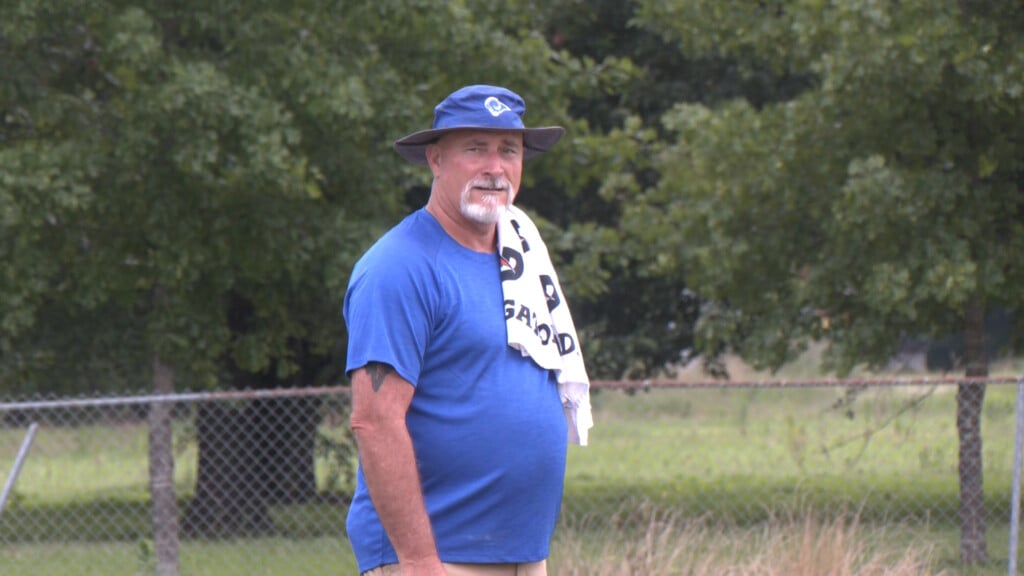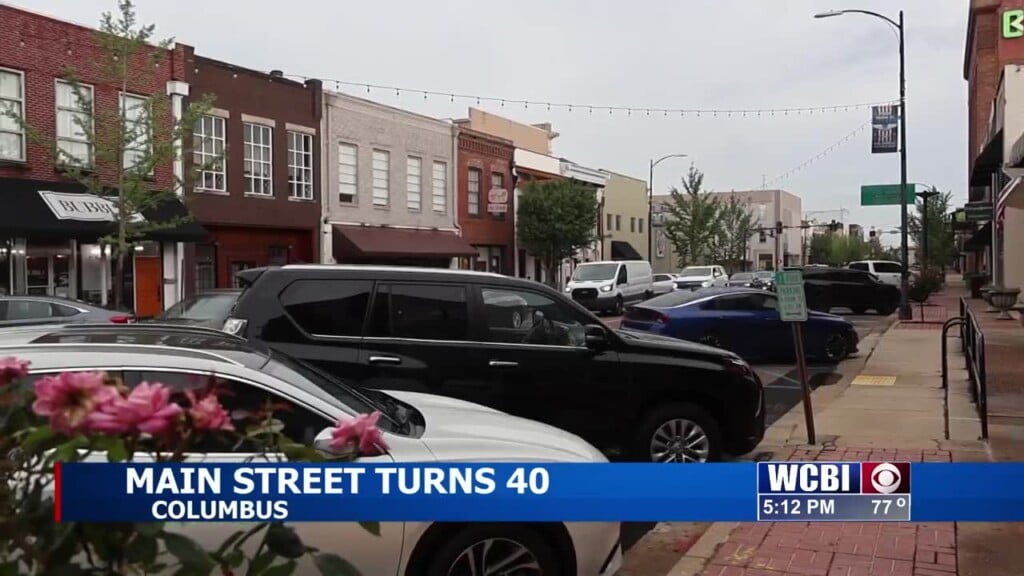MSU Extension Office urges Mississippians to not plant “mystery” seeds
STARKVILLE, Miss. (PRESS RELEASE) — Mississippians are urged not to open or plant packets of unknown seeds that are appearing unsolicited in mailboxes, seemingly shipped from China.
Packets of seeds began appearing in the mail nationwide in late July. Packages are sometimes marked as jewelry or other items, never seeds or any agricultural product. The people receiving the seeds did not order them.
Mississippi Commissioner of Agriculture and Commerce Andy Gipson urged state residents who receive the seeds to report them immediately.
“We are working closely with the USDA’s Animal and Plant Health Inspection Service (APHIS) on this issue,” Gipson said in a July 28 statement. “If you have received these seeds, please call the Bureau of Plant Industry, and we will send an inspector to your location to pick up the seeds from you. Please don’t plant the seeds.”
The Bureau of Plant Industry’s phone number is 662-325-3390.
Seeds can also be dropped off at county offices of the Mississippi State University Extension Service. If the package has been opened, place the seeds and any packing materials in a zip-top bag labeled with the recipient’s name, city, and phone number.
The U.S. Department of Agriculture released a statement on July 28, saying that APHIS is working closely with the Department of Homeland Security’s Customs and Border Protection, other federal agencies, and state departments of agriculture to investigate the situation.
Anyone who receives an unsolicited package of seeds is asked to immediately contact their state plant regulatory official or APHIS state plant health director.
“Please hold onto the seeds and packaging, including the mailing label, until someone from your state department of agriculture or APHIS contacts you with further instructions. Do not plant seeds from unknown origins,” USDA said in the statement.
USDA currently has no evidence indicating this is something other than a scam in which people receive unsolicited items from a seller, who then posts false customer reviews to boost sales.
The seeds are called “mystery” or “unknown” because they do not come with identification. Gipson said there is no indication these seeds pose a danger to human health.
However, “any foreign seeds can have a negative impact on our environment as a threat to plant and animal health, and to agriculture. Also, foreign seeds could carry fungi or pests which could cause great destruction to our native ecosystem,” Gipson said.
Gary Bachman, horticulturist with the Mississippi State University Extension Service, said all plant material entering the United States legitimately is required to go through APHIS inspections because of the danger of introducing unknown or new species of plants.
“The introduction of an exotic plant species that can outcompete and displace our native plant species is a great concern,” Bachman said. “Some people may see this as an opportunity to try a new seed, but the best way to experiment with new plants is by selecting new varieties from reputable web sites and catalogs. There are also some good resources for performing cross-pollination experiments in the home garden.”
Americans are being urged not to plant these unknown seeds that are arriving unsolicited, and Bachman said even planting the seeds in a pot is asking for trouble.
“If the plant is an exotic, invasive species, growing it in a container can still result in the plant escaping or becoming established in our native habitat,” Bachman said.





Leave a Reply